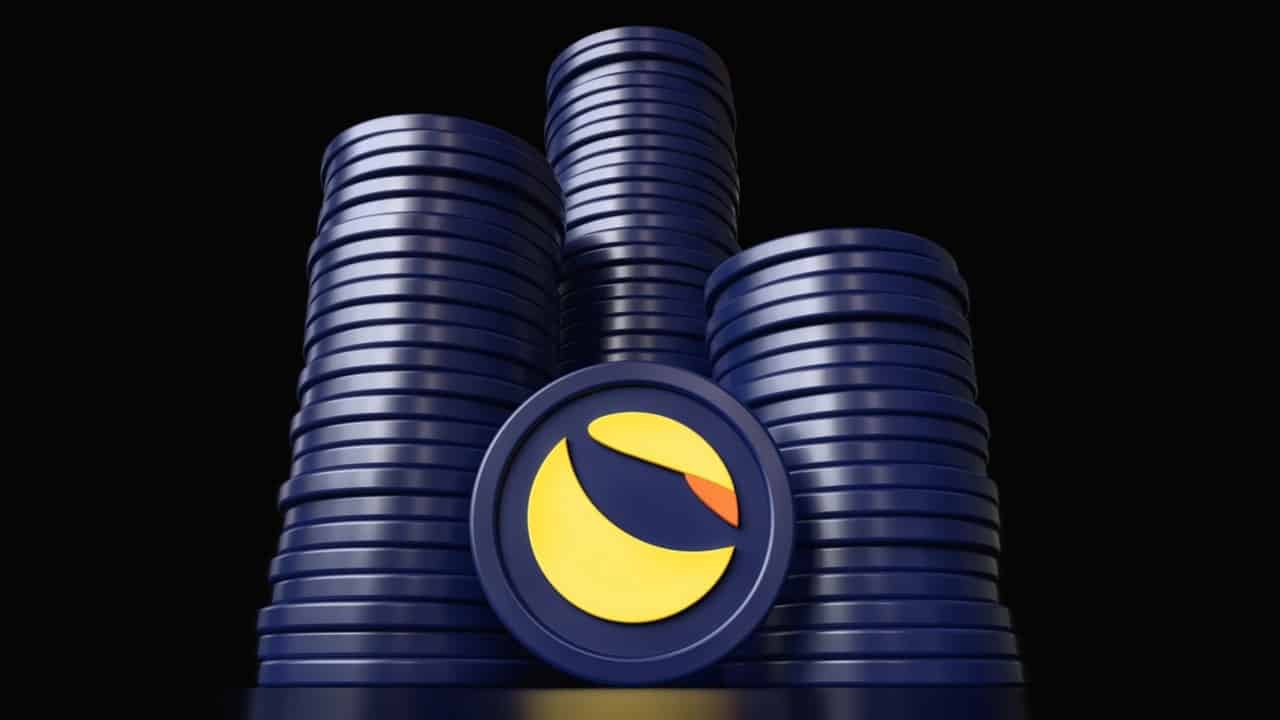|
Getting your Trinity Audio player ready...
|
The Terra Luna Classic (LUNC) community recently approved a proposal (Proposal 12098) that alters the distribution of the LUNC burn tax. While the overall burn rate remains unchanged at 0.5%, the allocation of the remaining 20% after the burn has shifted. Previously, this 20% was split between the Community Pool (10%) and staking rewards (10%). Now, the entire 20% will be directed towards the Community Pool (10%) and a newly established Oracle Pool (10%).
Prioritizing Long-Term Stability
This change doesn’t directly impact the core burn mechanism, which aims to reduce the overall LUNC supply and potentially increase its value. However, it prioritizes long-term network stability through a stronger Oracle Pool. As developer StrathCole explains, the staking rewards previously distributed will be phased out with the upcoming SDK 0.47 update. The Oracle Pool, on the other hand, serves a crucial function by providing secure and reliable data feeds for various applications within the Terra Classic ecosystem.
While the proposal garnered 70% community support, it’s important to understand the potential implications for investors. The shift towards the Oracle Pool might lead to a slight decrease in the Annual Percentage Rate (APR) for staking LUNC. The exact decrease depends on on-chain transaction volume. Investors who relied on staking rewards for immediate returns might need to adjust their strategies.
Market Pressures Remain
The LUNC price, unfortunately, hasn’t responded positively to this development. The broader crypto market continues to face selling pressure, with a significant $9.4 billion crypto options expiry looming. This external factor likely overshadows the potential benefits of a more robust Oracle Pool for the Terra Classic network.
The Terra Luna Classic community continues to push for improvements. While some investors might see a decrease in their returns, a stronger Oracle Pool could ultimately benefit the entire ecosystem. The coming weeks will reveal how the market reacts to this change and if the price of LUNC can decouple from broader market pressures.
I’m the cryptocurrency guy who loves breaking down blockchain complexity into bite-sized nuggets anyone can digest. After spending 5+ years analyzing this space, I’ve got a knack for disentangling crypto conundrums and financial markets.


